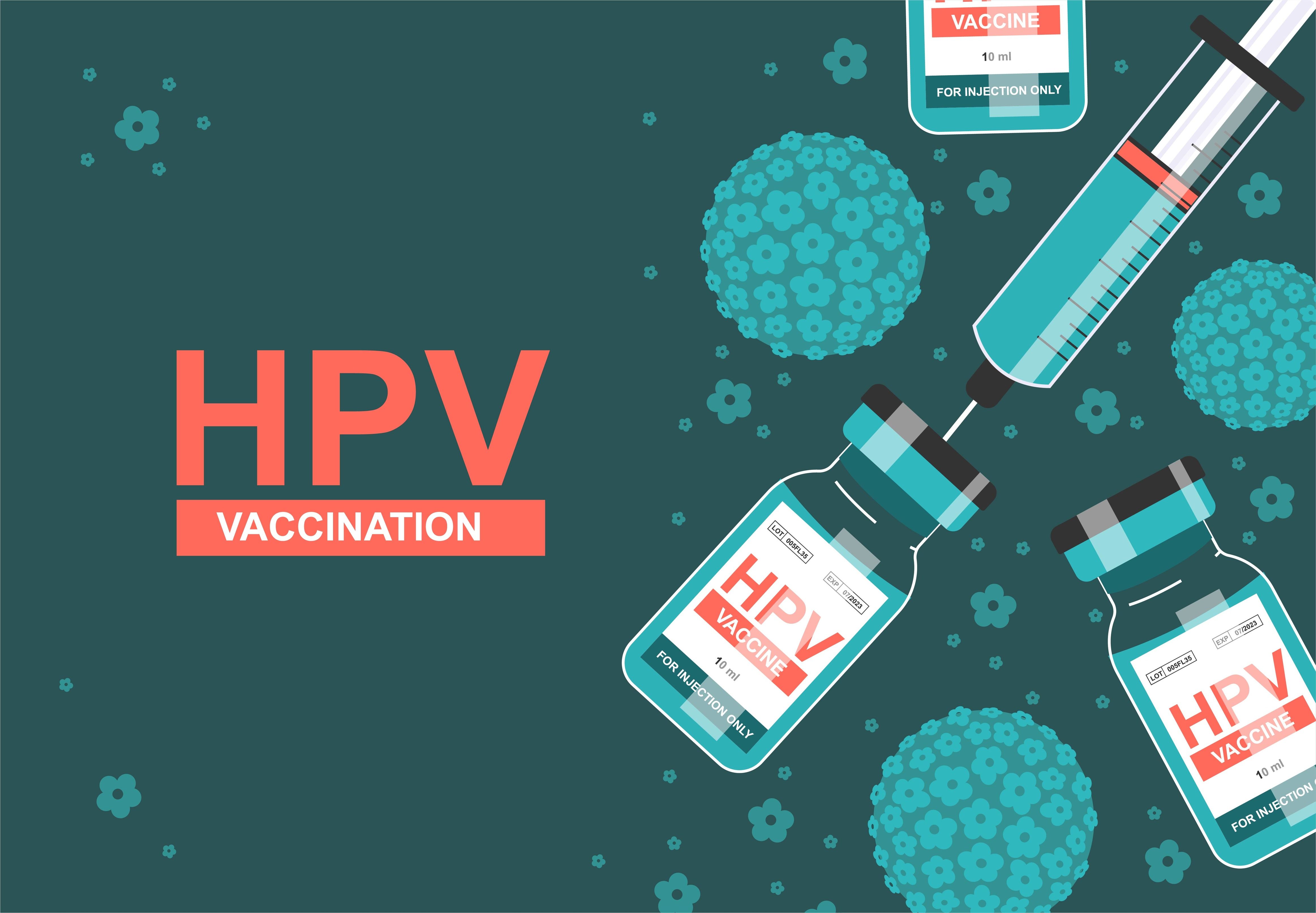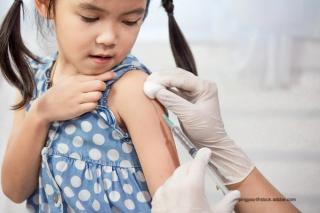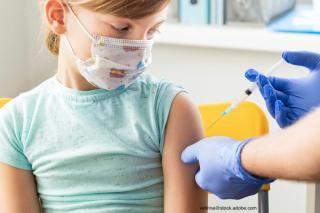
Vaccination and Immunization
Latest News
Latest Videos

CME Content
More News
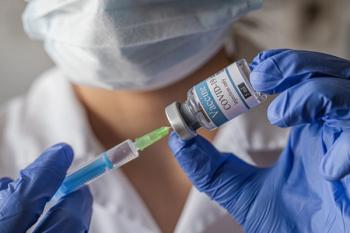
Of the 600,238 bivalent vaccine doses administered by all providers in the study period, 35,114 (5.9%) were done so by FRPP partners.
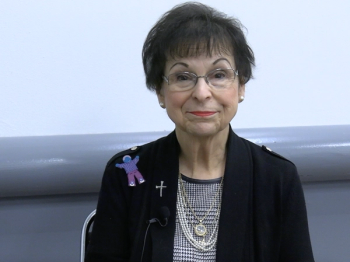
Mary Koslap-Petraco, DNP, PPCNP-BC, CPNP, FAANP, provided a review and reminder of the CDC immunization recommendations and schedule during her session at the 45th National Association of Pediatric Nurse Practitioners (NAPNAP) National Conference on Pediatric Health Care in Denver, Colorado.
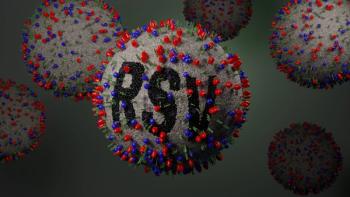
Though a small number of infants received nirsevimab in the analysis, results support existing nirsevimab recommendations to prevent serious RSV disease in infants.
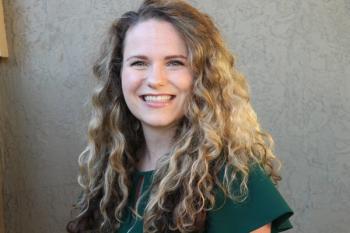
Samantha Olson, MPH, explains the important role of a strong recommendation for maternal influenza vaccination.
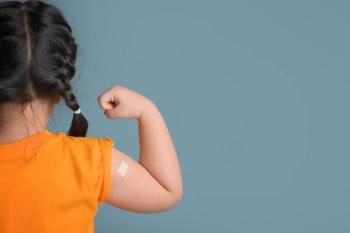
Investigators of a study published in Annals of Internal Medicine concluded that the BNT162b2 COVID-19 vaccine demonstrated efficacy against the Delta and Omicron variants of COVID-19 in children and adolescents, offering new, extended follow-up period data.
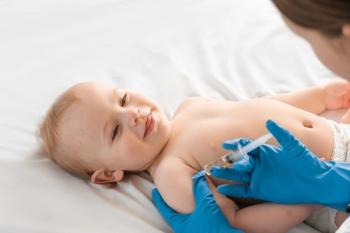
Sanofi and AstraZeneca plan on releasing 230,000 additional doses of nirsevimab-alip in January 2024
The unprecedented demand for nirsevimab-alip has resulted in a dramatic uptake in production of this RSV vaccine.
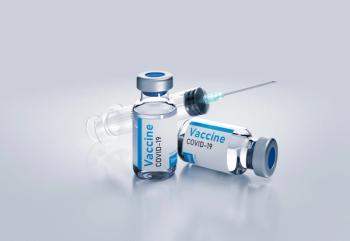
The FDA was made aware some health care providers had administered the full single dose vial of the vaccine, which contains “notably more” volume than the 0.25 mL volume indicated for children aged 6 months to 11 years.
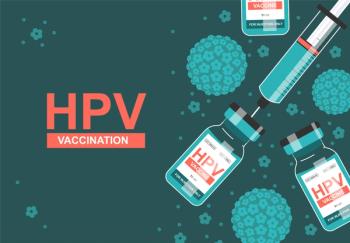
Parents who reported the stigmatizing belief “My child is not having sex” were much more likely to rely on health care providers as a source of information than parents who did not report this belief.
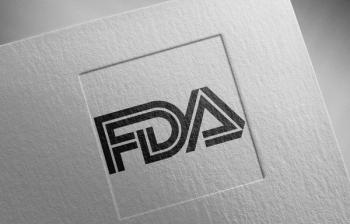
Individuals 12 years and older can now receive the Novavax COVID-19 Vaccine, Adjuvanted (2023-2024 Formula) (NVX-CoV2601) to protect against variants that are currently circulating, after receiving an Emergency Use Authorization from the FDA.

*Co-first authorship was earned, as each equally contributed to the methodical and rigorous review of the literature, writing, and editing of this article.
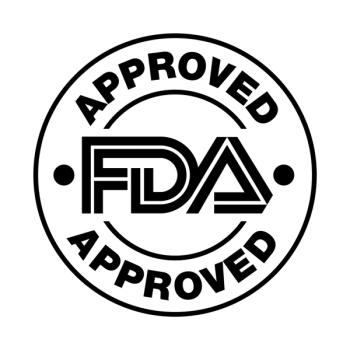
Tocilizumab-bavi (Tofidence; Biogen) demonstrated a biosimilarity to tocilizumab (Actemra; Genentech) based on multifaceted clinical and non-clinical data for polyarticular juvenile idiopathic arthritis (PJIA) and systemic juvenile idiopathic arthritis (sJIA) in children aged 2 years and up. This makes it the first tocilizumab biosimilar to be FDA-approved in the United States, according to Biogen.
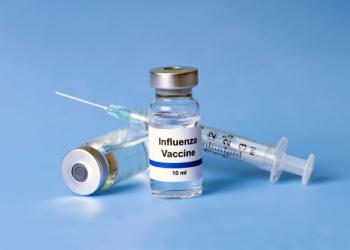
Standout updates include a relaxed recommendation for patients with a history of egg allergies, and that all available influenza vaccines for the 2023 to 2024 flu season are quadrivalent.
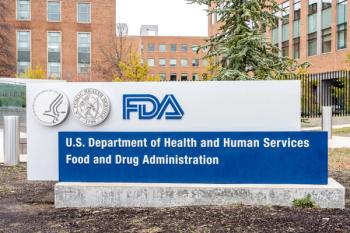
Bivalent COVID-19 vaccines by both Moderna and Pfizer-BioNTech are no longer authorized for use in the United States.

The effects of GARDASIL 9 (Human Papillomavirus 9-valent Vaccine, Recombinant) in patients aged 9 to 15 years has indicated efficacy, according to a recent long-term follow-up study.
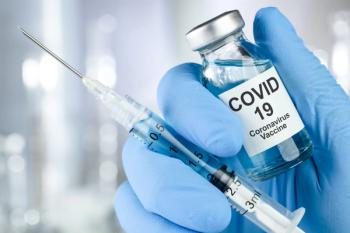
According to a recent Morbidity and Mortality Weekly Report, the original COVID-19 monovalent and bivalent vaccines helped reduce emergency department or urgent care encounters for children aged 6 months to 5 years.

Basis for a Biologics License Application submission to the FDA is being built for PXVX0317, following topline results demonstrated in a pair of phase 3 trials, including 1 trial featuring adolescents and adults aged 12 to 64 years.
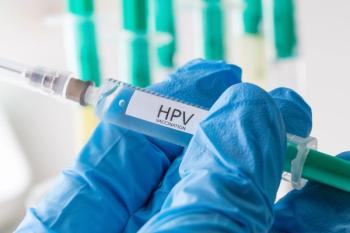
An analysis of a nationwide sample of more than 30,000 clinicians provides insight into rates of HPV vaccination among US adolescents and how changes in reimbursement rate might encourage increased vaccination rates.

The vaccine efficacy of the Novavax’s NVX-CoV2373 was 79.5% in adolescents.

According to Pfizer, the company’s pneumococcal conjugate vaccine Prevnar 20 has been approved by the FDA to treat infants and children aged 6 weeks to 17 years for the prevention of invasive pneumococcal disease (IPD).
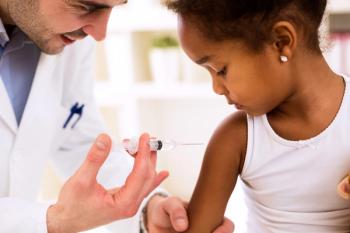
This study surveyed parents’ opinions on the risks of COVID-19 infection versus vaccination to determine how they affected the decision to vaccinate a child against COVID-19.
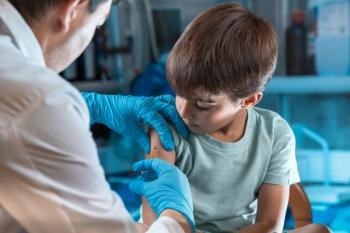
The COVID-19 pandemic took a massive toll on routine vaccinations for children across the globe. Now, the United Nations Children’s Fund is calling for quick and swift action to get back on track.
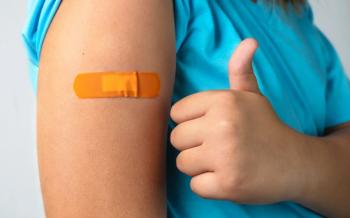
Monovalent vaccines by these manufacturers are no longer authorized for use in the United States.
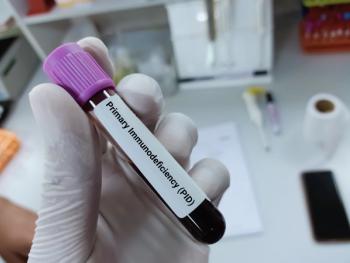
The FDA recently approved Hyqvia, expanding its use to treat pediatric patients with primary immunodeficiency (PI) aged 2 to 16 years.
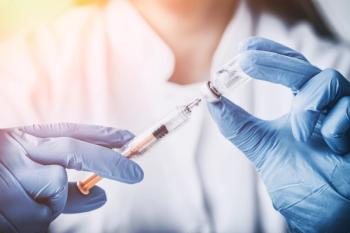
In a recent study, vaccination administered during pregnancy was effective against severe lower respiratory tract illness associated with respiratory syncytial virus (RSV) in infants.
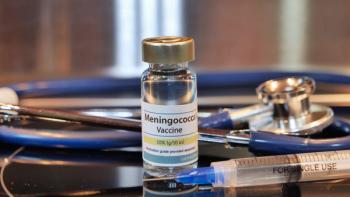
A multi-country survey revealed 50% of meningitis vaccination appointments were delayed or canceled amid the COVID-19 pandemic, highlighting the need for “urgent action” to maintain routine vaccination levels among children, according to survey authors.

